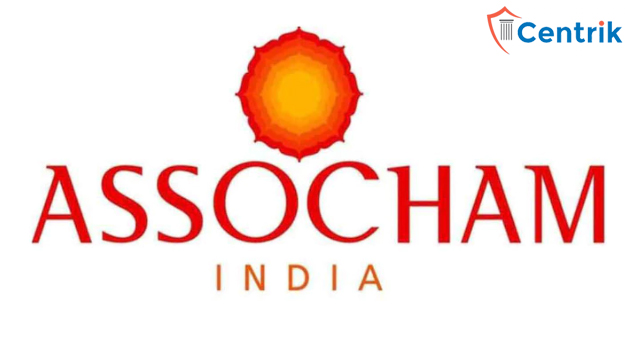
Status as on- 17/04/2021
In the face of a serious outbreak of the second wave of coronavirus, Assocham has requested the finance ministry to re-impose a moratorium on bringing debt-ridden firms to NCLT under the Insolvency and Bankruptcy Code (IBC) until December 2021.
The Assocham said in its representation to the finance ministry, that “Given the increasing pressure on businesses, it would be imperative to extend the NCLT moratorium until December 2021 to ensure that the pandemic does not wreak havoc on the economy”Deepak Sood, Assocham’s Secretary-General, said the government and the Reserve Bank of India (RBI) had been proactive in providing regulatory and fiscal support to the industry, especially SMEs. The second wave, on the other hand, has brought with it a new round of confusion. Despite the fact that the country has improved its medical infrastructure and vaccine coverage, the economy must be ring-fenced to protect employment and companies.
What is Assocham?
The Associated Chambers of Commerce and Industry of India (ASSOCHAM) is anon-governmental trade organization and advocacy organization. The organization represents trade and commerce interests in India and serves as a link between issues and initiatives. The organization’s mission is to facilitate domestic and foreign trade while lowering trade barriers.The organization’s mission is to promote domestic and foreign trade, reduce trade barriers, and cultivate an atmosphere that is conducive to India’s trade and industry development.
What is Moratorium under IBC?
The moratorium in terms of Insolvency and Bankruptcy Code, 2016 (IBC) means a period wherein, no judicial proceedings for recovery, enforcement of security interest, sale or transfer of assets, or termination of essential contracts can be instituted or continued against the Corporate Debtor. Once a petition under the IBC is admitted against the Corporate Debtor, a moratorium under Section 14 of IBC follows in favor of Corporate Debtor. The IBC’s moratorium begins on the Insolvency Commencement date and lasts until the end of the Corporate Insolvency Resolution Process (CIRP). During this period, no legal proceedings for restitution, enforcement of security interests, selling or transfer of properties, or termination of vital contracts against the Corporate Debtor are permitted.
Disclaimer – The above article is based on the personal interpretation of the related orders and laws. The readers are expected to take expert opinion before relying upon the article. For more information, please contact us at rera@centrik.in




 join For Updates
join For Updates